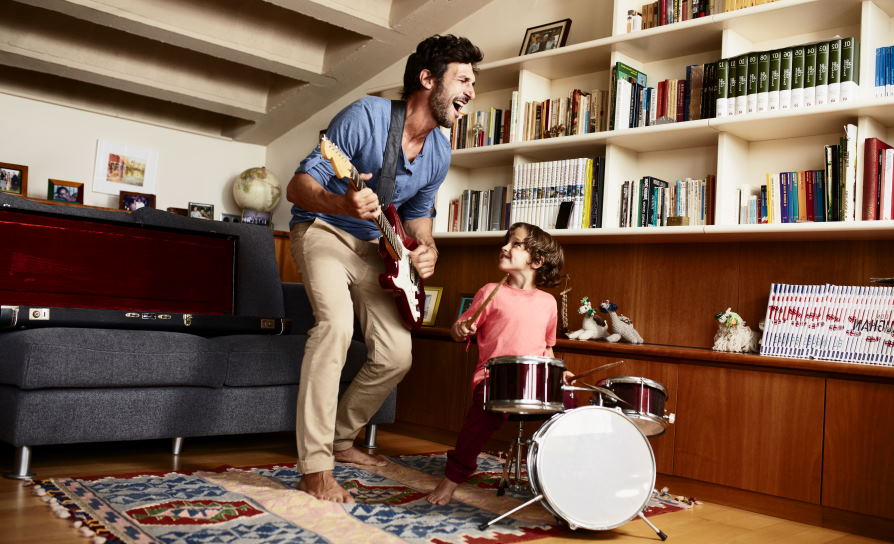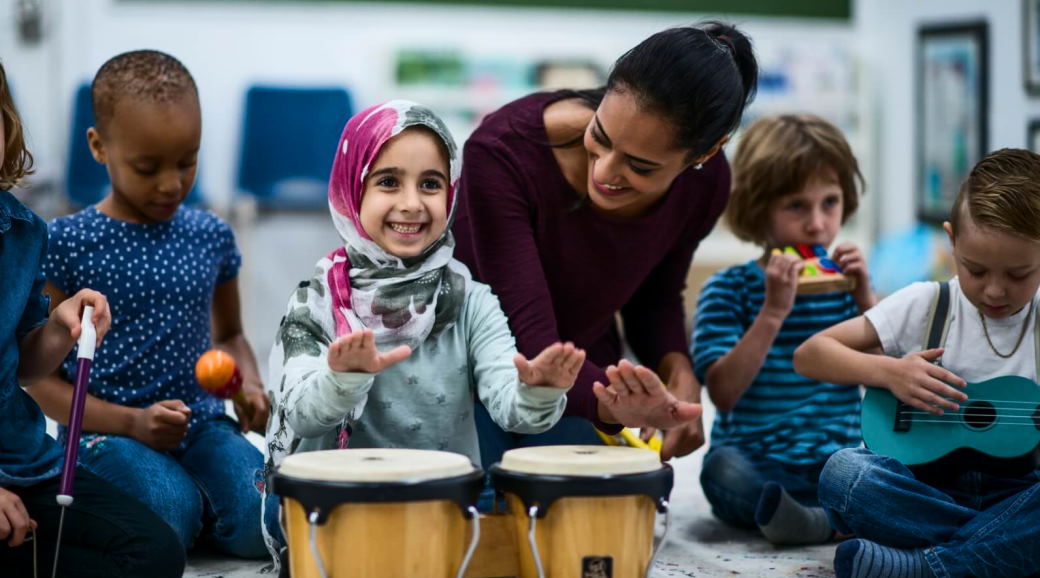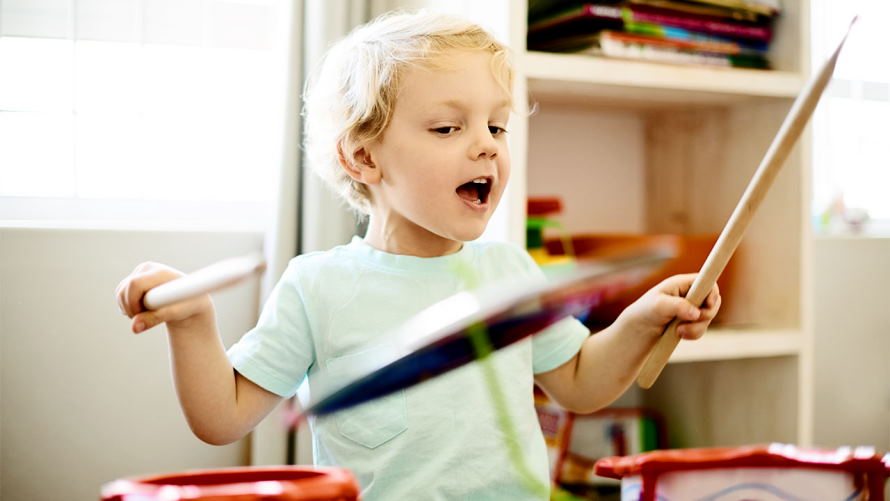Around the world, musicians and non-musicians enjoy music’s positive benefits. According to research studies, musical activities can improve academic achievement, cognitive skills, and social interactions. One specific area in which music is beneficial is within the parent-child relationship. This blog post will discuss specific musical activities that can help strengthen your bond with your child. We hope you find this information helpful!
Musical activities for strong parent-child relationships
The benefits of music are well-documented, and they extend far beyond simply providing a pleasant listening experience. Music has been shown to improve cognitive function, reduce stress, and even boost immunity. When it comes to parent-child relationships, music can be a potent tool.
Studies have shown that musical activities can help increase bonding and attachment between parents and children. For example, in one study, mothers who sang lullabies to their infants showed increased levels of oxytocin, the so-called “cuddle hormone” associated with bonding and attachment. Other research has shown that musical activities can help reduce stress in parents and children, promoting a more positive parent-child relationship.

There are many different ways to incorporate music into parent-child relationships. Here are a few ideas:
Play music together: You don’t have to be a trained musician to enjoy making music with your child. Simply sitting down and playing some simple tunes on a piano or guitar can be a great way to bond with your child. If you’re not musical yourself, plenty of children’s music CDs and online resources can help get you started.
Dance together: Dancing is another great way to bond with your child while getting some exercise at the same time. Put on some of your child’s favorite tunes, and let loose!
Sing together: Singing is one of the most ancient and universal forms of communication, and it’s also a great way to bond with your child. So whether you’re singing nursery rhymes or favorite pop songs, your child will love spending time singing with you.
Make a homemade instrument: If you’re feeling creative, why not make a simple instrument with your child? A homemade drum or xylophone can provide hours of fun, and it’s a great way to encourage your child’s creativity.
Attend a concert: Seeing live music is a great way to expose your child to different types of music while spending quality time together. Many cities have children’s concerts that are specifically designed for young audiences.
There are endless ways to incorporate music into parent-child relationships. The important thing is to find what works for you and your family and to have fun!

Musical engagement and parent-child attachment
The relationship between musical engagement and parent-child attachment has been studied extensively. The findings of these studies suggest that musical engagement is associated with increased parent-child attachment security. For example, in one study, infants exposed to live music showed increases in attachment security compared to those not exposed to music. Another study found that 3-year-olds who participated in weekly music classes had stronger attachments to their mothers than those who did not participate in such classes.
These findings suggest that musical engagement can promote parent-child attachment security. However, it is important to note that the direction of causality is still unclear. For example, parents more securely attached to their children may be more likely to engage them in musical activities. Alternatively, it is also possible that children who are more engaged in music are more likely to develop secure attachments to their parents. Future research is needed to explore the direction of causality between musical engagement and parent-child attachment.


